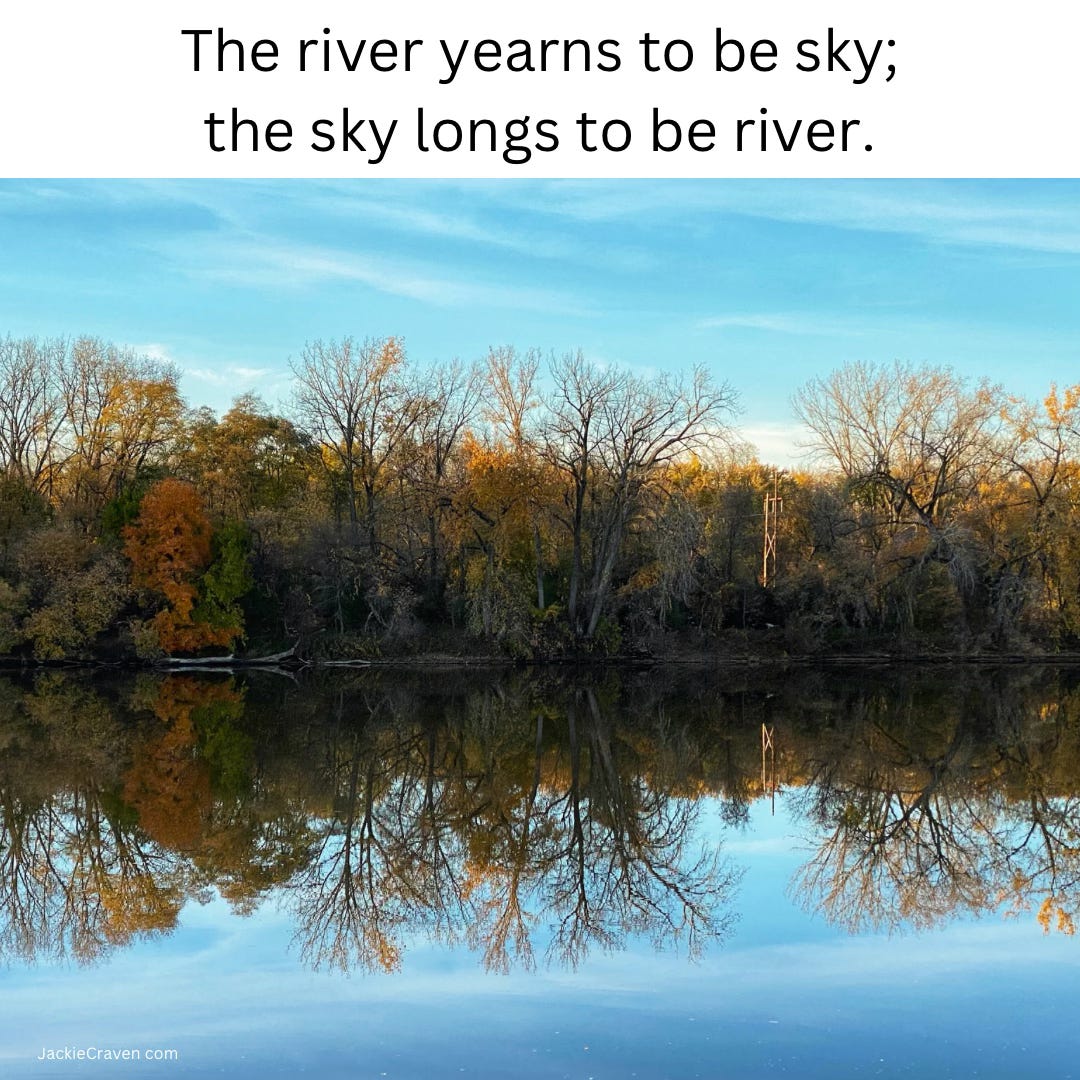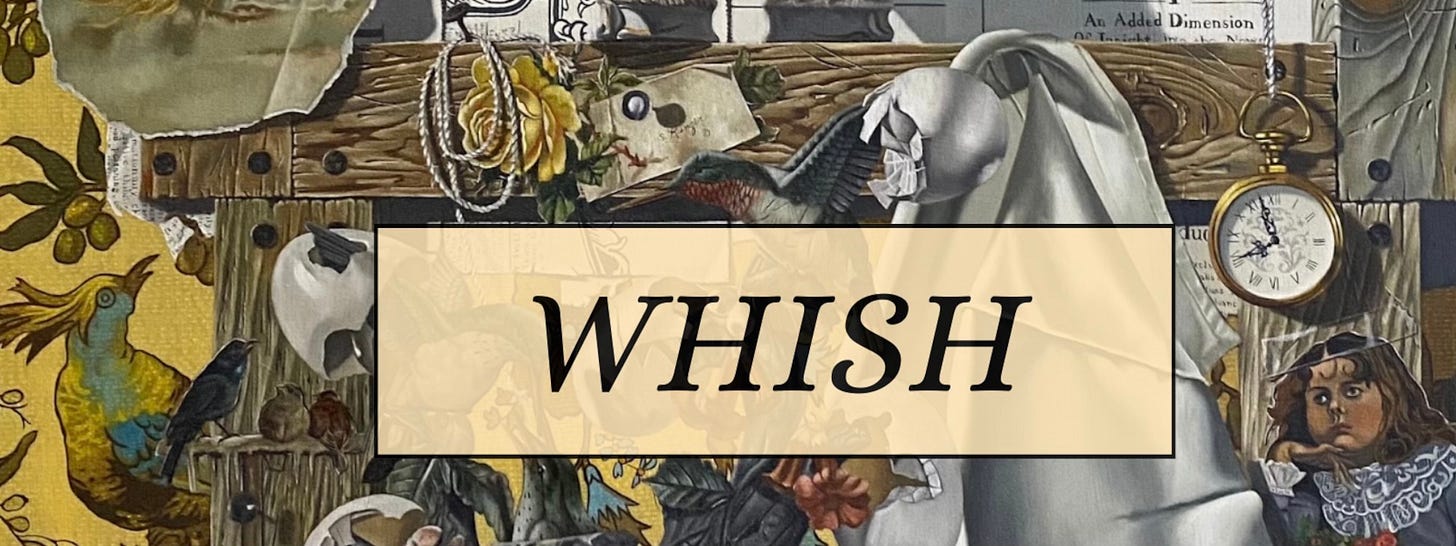The grass is greener on the other side…
Walt Whitman must have felt this when he relentlessly revised Leaves of Grass. Between 1855 and 1881 he published nine versions of the book, adding almost 400 new poems in the process.
Yeats also could not let go. Draft after draft, printing after printing, he chased rainbows. Meanwhile, Mary Shelly gave Frankenstein a makeover 26 years after the original publication.
I understand the impulse. Like Frankenstein's monster, my poems are made of moveable parts. In 2020, I wrote a 24-line poem titled "Cyborg Sister." It was published in Pleiades magazine and Speculative North. A year later, I dismantled the poem, installed new parts, and assembled a chapbook, Cyborg Sister (Headmistress Press, 2022).
Now that the cyborg lived inside a chapbook and owned her own ISBN, I might have left her alone. But I could not. Instead, I dismantled the poems and placed pieces of Cyborg Sister in a new full-length collection. A reinvented version of the cyborg now resides in WHISH (Press 53, 2024) as a human clock.
What can I say? Relentless revision might be an unhealthy obsession. Leaves of Grass did not necessarily get better with each rewrite. Many critics prefer earlier versions, which conveyed Whitman as a younger man in his trademark straw hat.
I'm happy I spent so much time with my cyborg. She’s character I love too much to abandon. But lately I've been rethinking my compulsion to tinker. Am I truly improving my work through multiple revisions? Or, am I lingering with familiar material to avoid the terror of a blank page? Is it time to plunge into something entirely new?
Your turn
Have you ever revised something you wrote… AFTER it was already submitted or published? What inspired you to make changes at that late stage?
How much revision is too much? Have you ever abandoned your revisions and returned to an earlier draft?
How do you know when a poem is finished?
Prompt
Be Dr. Frankenstein — Remake your monster. Select any short piece of your own writing for an experiment in transformation.
Paste your writing into Google Translate. Translate into a language that is foreign to you. Then translate the translation. Repeat the process several times, moving through multiple languages, before you return to English.
The translations may have produced unexpected results. Select a startling word or phrase to use in a new poem or story. Just for the heck of it, toss in a few words from a language you do not know.
Have fun!
For more about Walt Whitman's life of revisions visit The Whitman Archive and Revising Himself: Walt Whitman and Leaves of Grass (Library of Congress)
“With Albert Einstein, Stephen Hawking, and Star Trek as her muses, Jackie Craven subverts time... WHISH is a triumph of a book!" —DENISE DUHAMEL, author of Second Story








Several years ago I attended a workshop lead by Eamon Grennan. He handed out one of his poems, a poem that had been published in The New Yorker a few months earlier. The poem was different than I remembered. When I made an inquiry about the poem, he said he was not satisfied with it and continued to work on it. After it was published in The New Yorker. I was completely flummoxed, but after reading your comments, I’m beginning to understand.
I revised a poem ending based on the advice of a Trusted Advisor, but in my mind, the change never "took," and ever after if I encounter my own poem in my own book, I'm surprised that it ends the way it does, and if I read it at a reading, I read the original version.